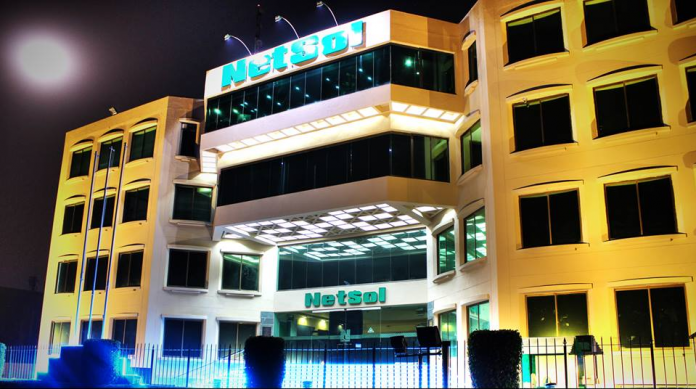LAHORE: NetSol Technologies Limited, which is one of the biggest software/IT outsourcing companies in the country, in a letter issued today to the Pakistan Stock Exchange, has confirmed of merging its joint venture subsidiary company – NetSol Innovation (Pvt) Limited, into the parent company – NetSol Technologies Limited.
Regarded as one of the most successful software development firms in Pakistan, NetSol Technologies is a worldwide provider of IT and enterprise software solutions serving the global leasing and finance industry. With a focus on developed markets in North America and Europe, it has major portfolio of clients in countries such as Japan, Thailand, China, and Australia. Many large automobile manufacturing firms have been the company’s loyal clients for decades.
NetSol Technologies in the first quarter of 2018, reported a consolidated after-tax profit of Rs501.54 million, up by 238.51 per cent for the quarter ending in December 2017 as compared to a profit of Rs 148.15 million in the same period last year. Earnings per share of the company for this quarter increased to Rs5.49 as compared to Rs1.41 in the same period last year. With the company’s revenue increasing by 14.2 per cent as compared to last year, its operating profit increased to Rs521 million, up by 206.47 per cent as compared to last year. The company’s share price, at day end June 21, was reported at Rs112.73, showing a decline of 5 per cent in the price from the previous day.
For a company that has witnessed exponential growth, it is prudent to make decisions which cut out losses and enhances the possibility of greater returns.
In the letter sent to the General Manager of PSX, the company justifies its action by mentioning that “…as a result of the change of ownership of our joint venture partner company in the UK and major shift in the new owners’ business strategy, its operating and net margins became unfeasible for the operation to continue in the current setup. Therefore, the board made a decision to merge the services into the platform of NetSol Technologies Limited from August 1, 2018. As a result, the subsidiary company’s business operations would be closed by the end of July 2018. The Company believes that there would be no negative impact of this transition on the overall business, operations and cash flows of the Company NetSol Technologies Limited (the Company)’s subsidiary “NetSol Innovation (Pvt) Limited” is currently engaged in providing outsourcing services.”
Organisations create subsidiaries to minise risks because the two companies are considered as separate legal entities. The losses of a subsidiary do not transfer to the parent company by default. The parent company can thus, exercise control over a subsidiary if it owns a large block of its stock, but not necessarily a majority of the shares.
On the other hand, unless the parent controls 100 per cent of the shares, the parent company does not have complete access to the cash flows of the subsidiary. To maintain its goodwill, the parent company may hence have to pay for the subsidiary’s debts even if it has no legal obligation to do so.
























Netsol already fired 70% of subsidiary company employees and remaining 30% are awaiting for one month notice period. Netsol business is fully secured after termination of JV but jobs of all employees working in subsidiary company are on stake. Other IT firms are blackmailing them by offering less salaries and designations. Only Employees are suffering not Netsol. This is how Netsol is earning profits.
Netsol must adjust JV’s employees in other departments otherwise it will not only suffer employees but also families.
That’s true.